Differences and similarities between words
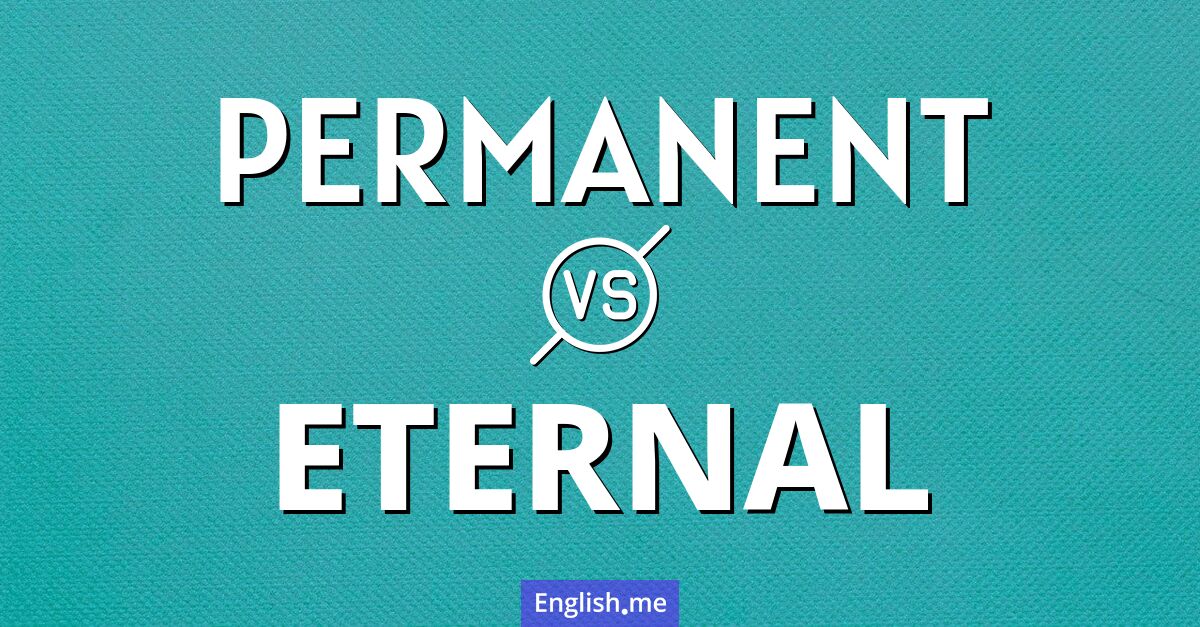
"Permanent" vs. "eternal": a linguistic exploration of time's boundaries
"Permanent" typically refers to something that is meant to last ... Learn more →
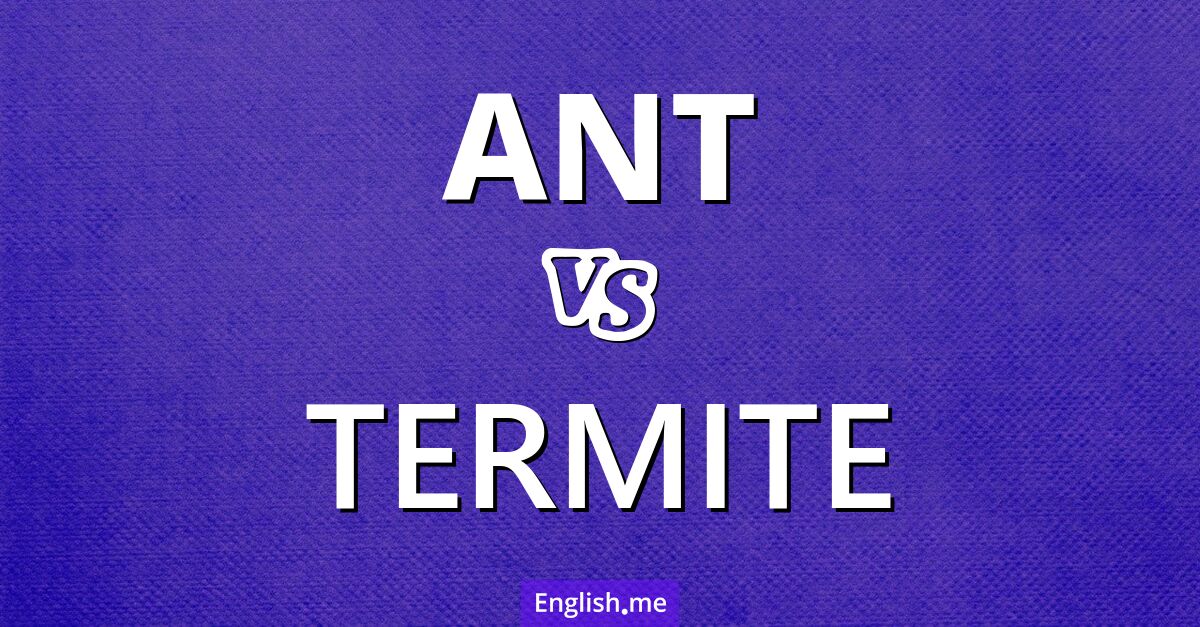
"Ant" vs. "termite": the tiny giants of the insect world
Ants belong to the order Hymenoptera and are closely related ... Learn more →
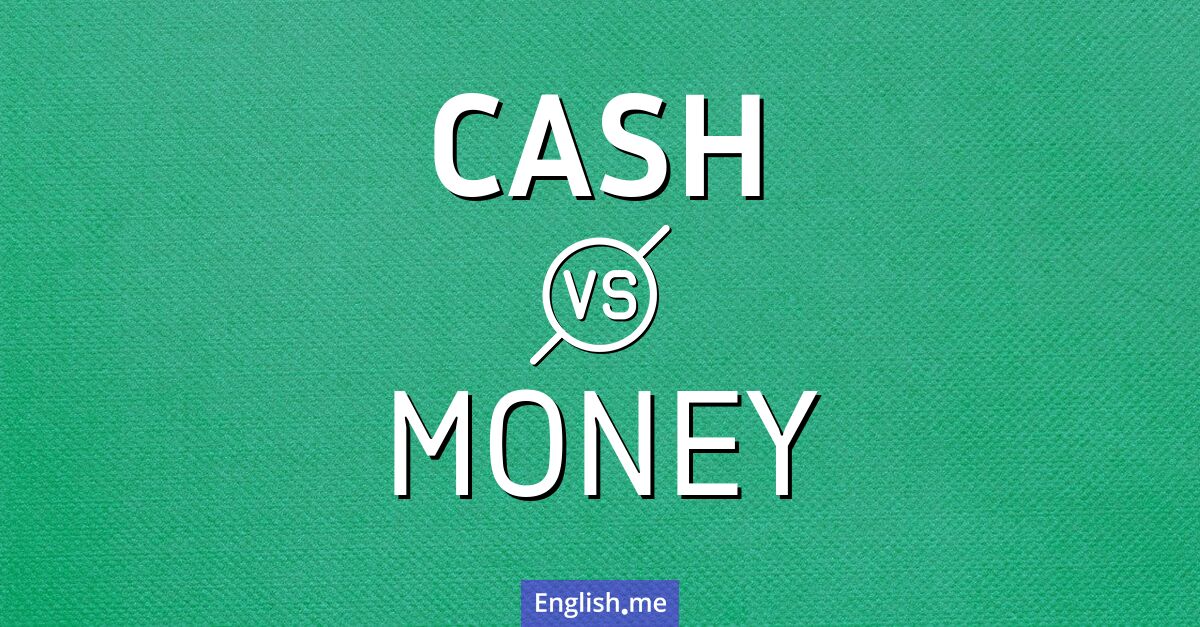
"Cash" vs. "money": the language of wealth explained
"Cash" specifically refers to physical currency such as banknotes and ... Learn more →
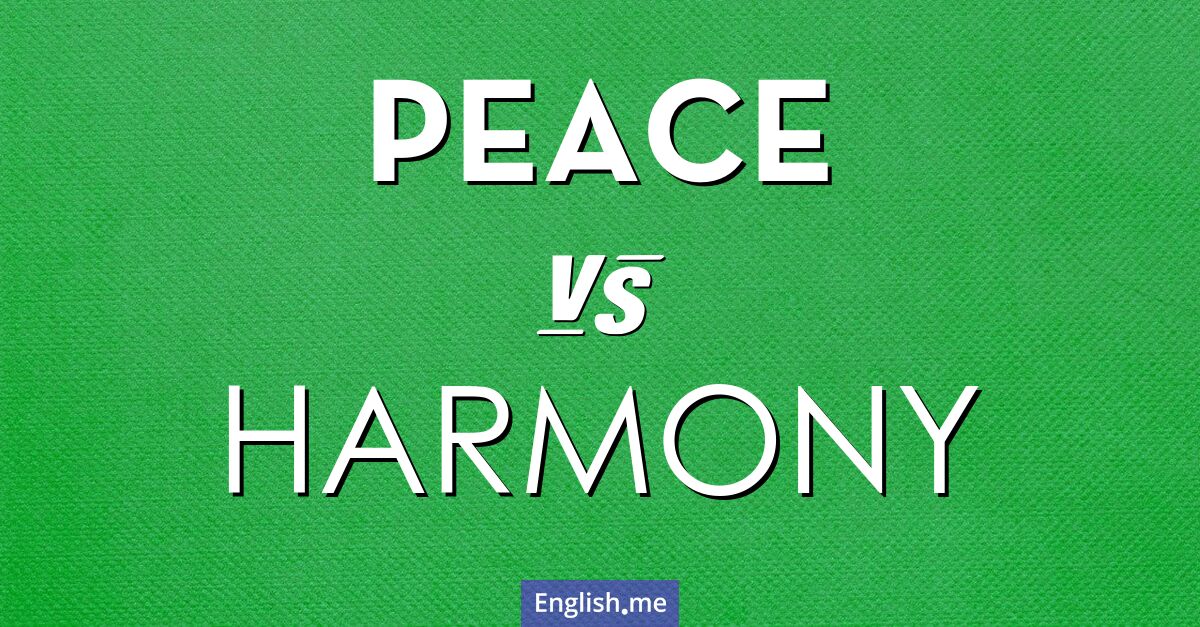
"Peace" vs. "harmony": finding balance in language
"Peace" typically refers to the absence of conflict, whether internal ... Learn more →
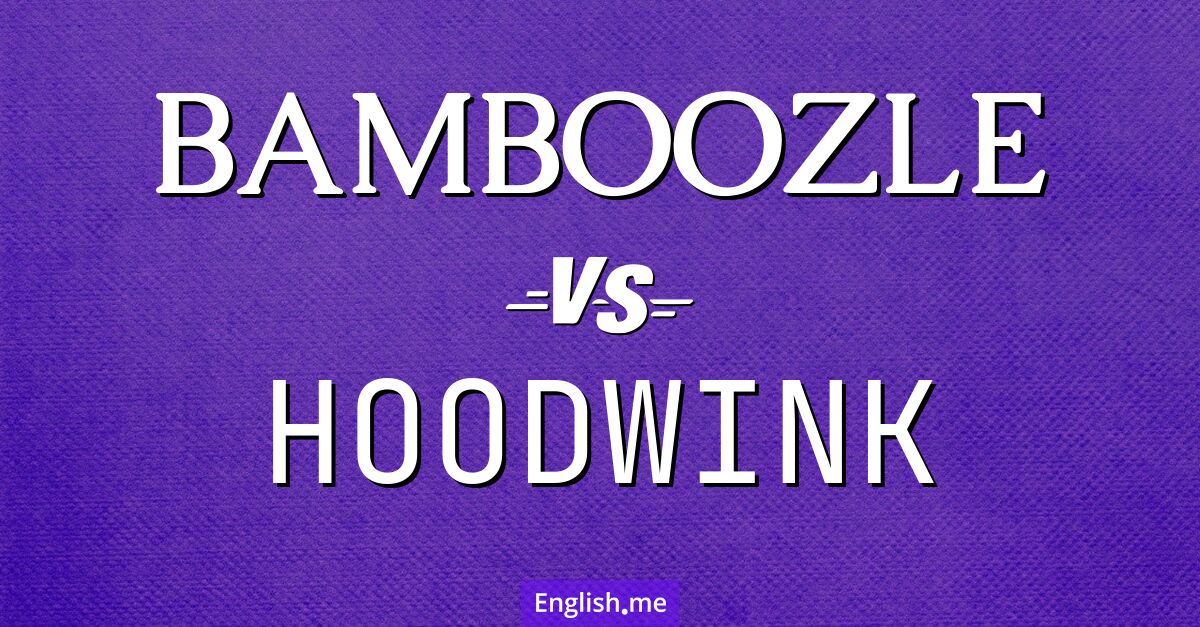
Deceptive duo: "bamboozle" vs. "hoodwink"
The difference between the two words lies mostly in their ... Learn more →
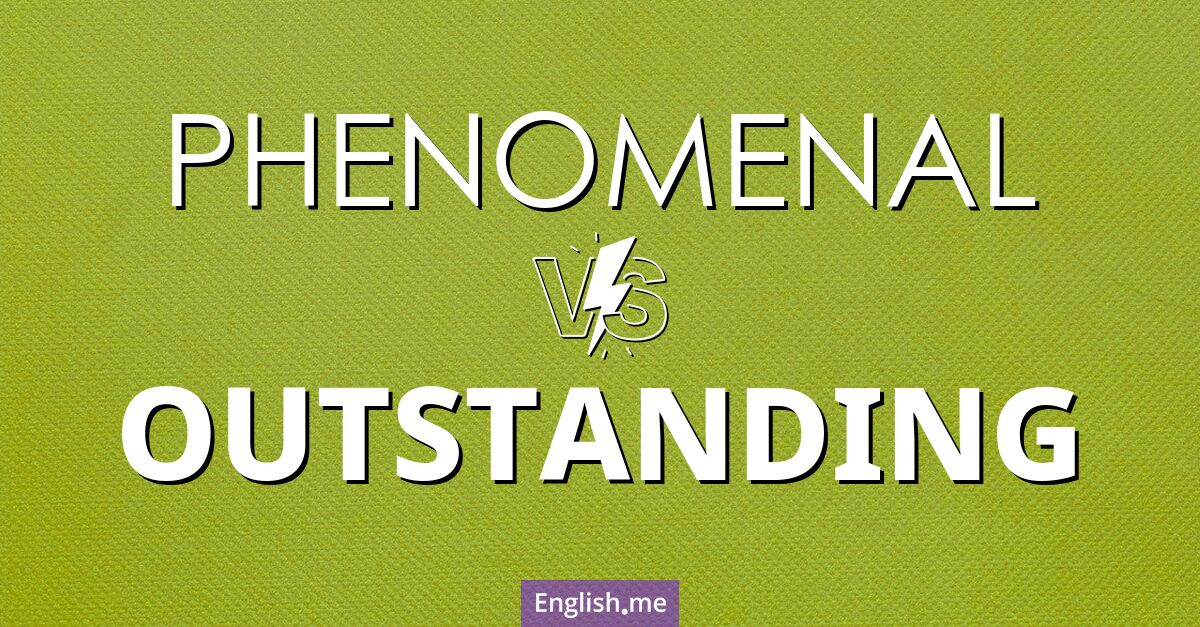
"Phenomenal" vs. "outstanding": words that shine in their own light
While both words convey high praise, "phenomenal" often implies something ... Learn more →
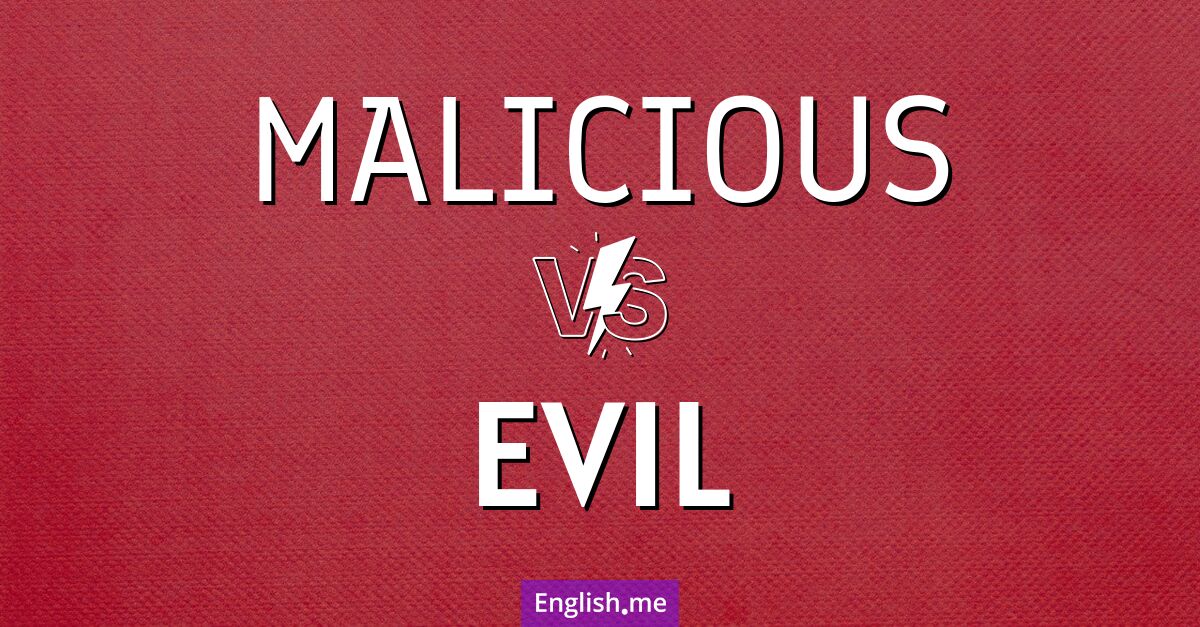
Exploring dark nuances: "malicious" vs. "evil"
Malicious often implies a deliberate intention to harm or upset ... Learn more →
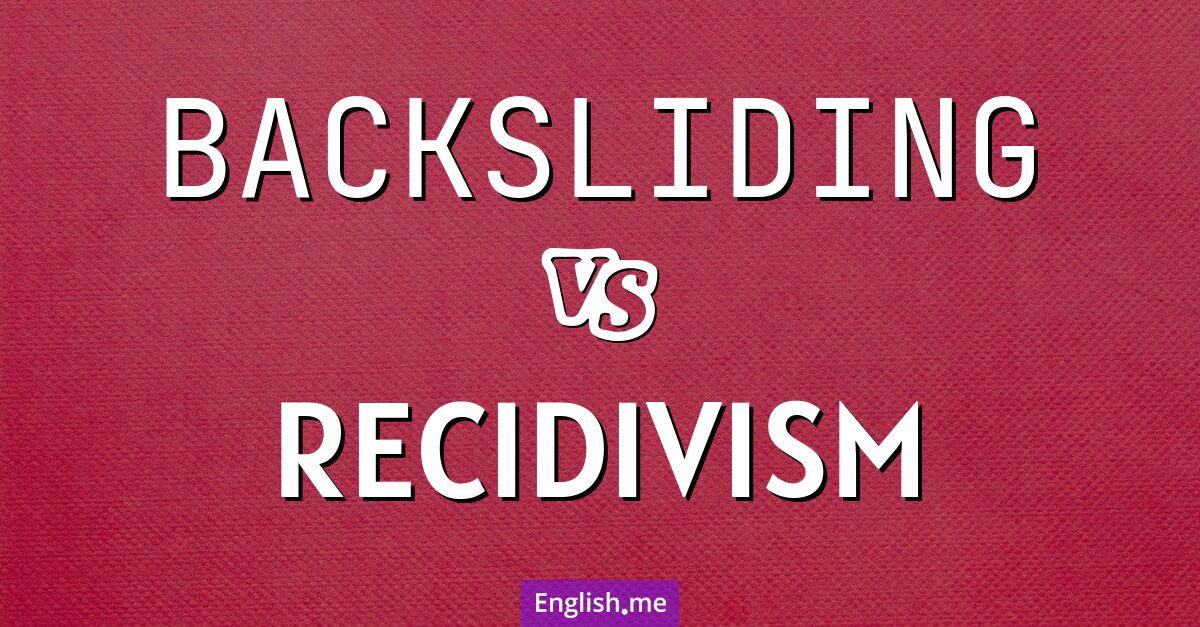
"Backsliding" vs. "recidivism": the nuances of regression
"Backsliding" is often used in a broader context, including religious, ... Learn more →
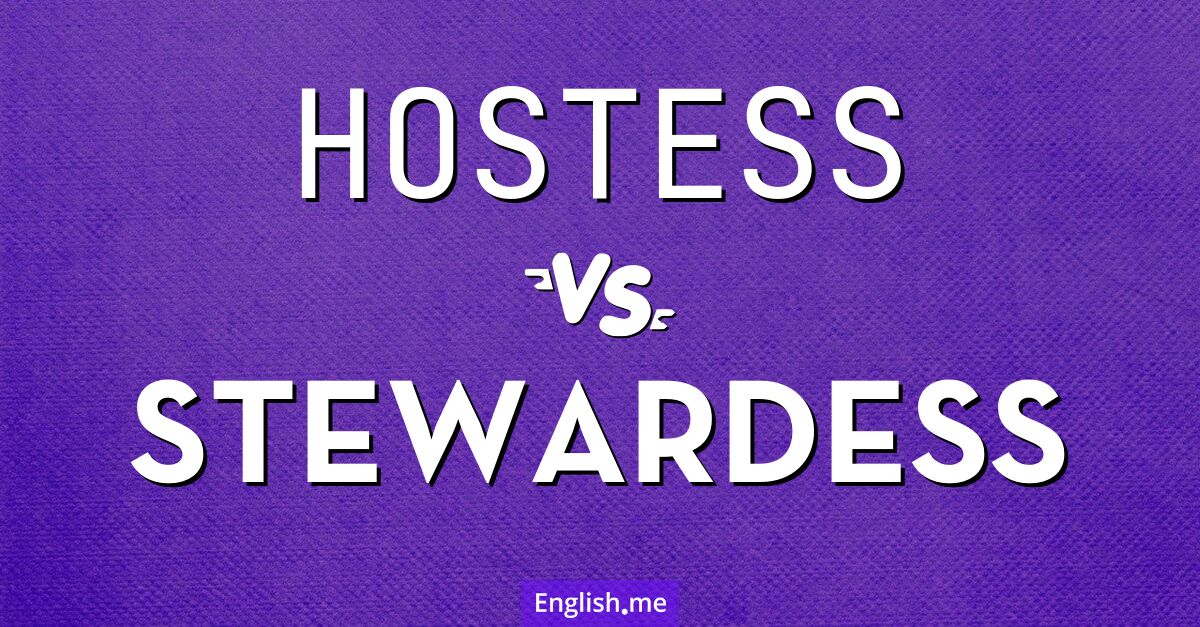
"Hostess" vs. "stewardess": words for women who welcome
"Hostess" generally refers to a female host, someone who entertains ... Learn more →
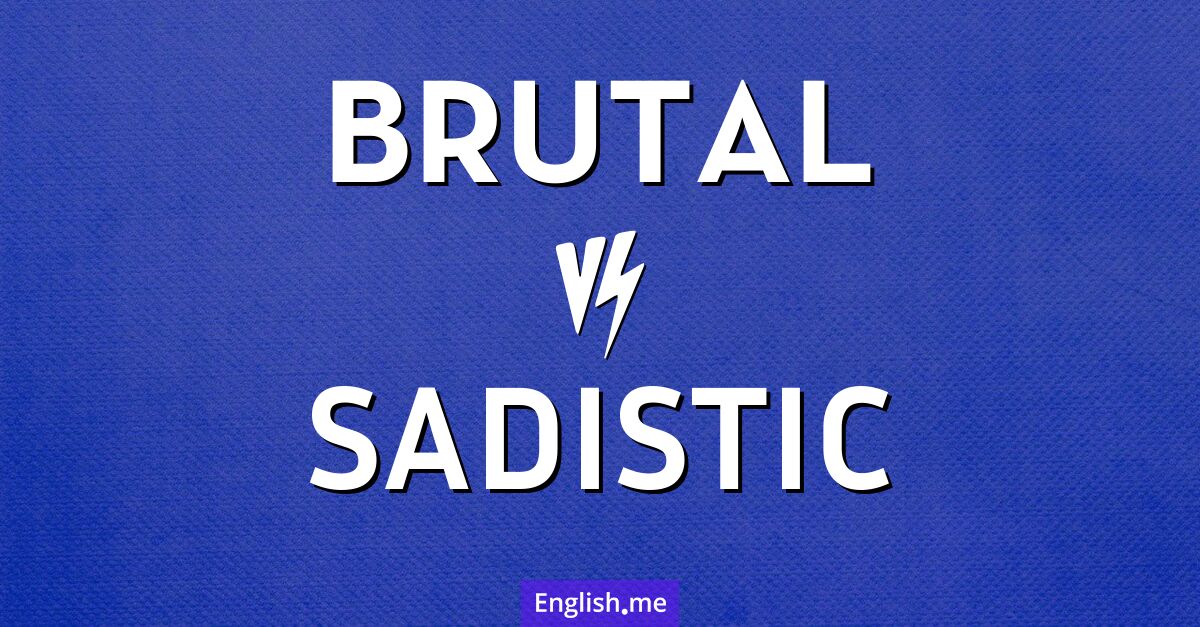
"Brutal" vs. "sadistic": where intensity meets intent
The word "brutal" typically refers to extreme harshness or severity, ... Learn more →

 English
English español
español française
française italiano
italiano deutsche
deutsche 日本語
日本語 polski
polski česky
česky svenska
svenska Türkçe
Türkçe Nederlands
Nederlands